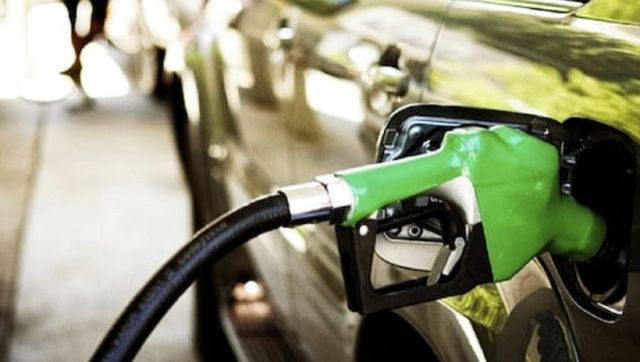Illegal gasoline stores have closed on the route connecting Niger’s capital Niamey with the country’s south, and daring black-market salesmen waving petrol canisters at passing automobiles have become an endangered species. What’s the reason? Nigeria has eliminated its petrol subsidy, tripling domestic costs and putting a stop to the large gains that traffickers could make by smuggling petroleum into Niger. The dramatic chases between customs inspectors and petrol merchants are no longer seen in Niamey’s neighbourhoods. The streams of automobiles and motorbikes that crossed the border beneath the noses of customs authorities, filled with jerrycans, are now gone. The widespread trafficking has “stopped,” according to Adamou Gueraou, mayor of Dan-Issa, the smugglers’ entry point into southern Niger. Before Nigeria ended its subsidies, petrol exchanged hands on Niger’s black market for between 250-275 CFA francs (42-46 US cents) a litre, or $1.61-1.76 per US gallon. Today, the price ranges between 550 and 700 CFA francs, which is more than the price at conventional gas stations. According to the government, Niger has been generating 20,000 barrels of refined petrol and diesel per day since 2011, while smuggling has cost it billions of CFA francs (millions of dollars) in lost income. The present black market shortage is driving a rush to the few filling stations, particularly in places near Nigeria that used to rely largely on smuggled petrol. Jihadist groups to take a hit “The petrol has stopped flowing, we’re screwed!” complained Dari Amadou, one of many contraband hawkers striving to make a living on the back streets of Niamey. Ilia Mahamadou, another black market vendor and father of four, was also worried. “The future’s grim,” he said. “Our main source of income is going to dry up.” The squeeze could also have an impact on the financing of armed jihadist groups in the Sahel. A recent report by the United Nations Office on Drugs and Crime (UNODC) noted that fuel smuggling from Nigeria “even finances terrorist groups” through “taxes” levied for transit and storage in areas under their control. According to Niger’s oil ministry, official sales doubled between May and June. Prices even increased “tenfold” in Zinder and Maradi in the south and Tahoua in the southwest, according to Kabirou Zakari, director general of hydrocarbons at the Niger’s oil ministry. “As black market stocks run out, demand at the pump increases,” explained Bio Abdourahamane, head of communications for SONIDEP, the Nigerien Company for Oil Products. The firm, he said, had braced for the move and was for now coping with the surge thanks to reserves and supplies from the nation’s sole refinery, located at Zinder. Youth could ’turn to crime’ But “when the reserves run out, decisions will have to be made,” he said. “Niger will have to purchase petrol from elsewhere or operate the Zinder refinery at full capacity to boost output.” On the other side of the coin, transport costs in Niger are going up, especially on main roads leading to Nigeria where petrol is scarcer, and this is having a domino effect on prices in other sectors. At some markets the price for a 100-kilogramme (220-pound) sack of maize has gone up 4,000 CFA francs to 28,000. At N’Konni, a town close to Nigeria, “activity has slumped” because of the end of the black market, said local journalist Daouda Kaka. The petrol smuggling networks “are a lifeline for thousands of youngsters”, said Zinder University sociologist Abdoul-Wahab Soumana. “If this work disappears, some of them could turn to crime.”
The present black market shortage is driving a rush to the few filling stations, particularly in places near Nigeria that used to rely largely on smuggled petrol
Advertisement
End of Article


)

)
)
)
)
)
)
)
)



